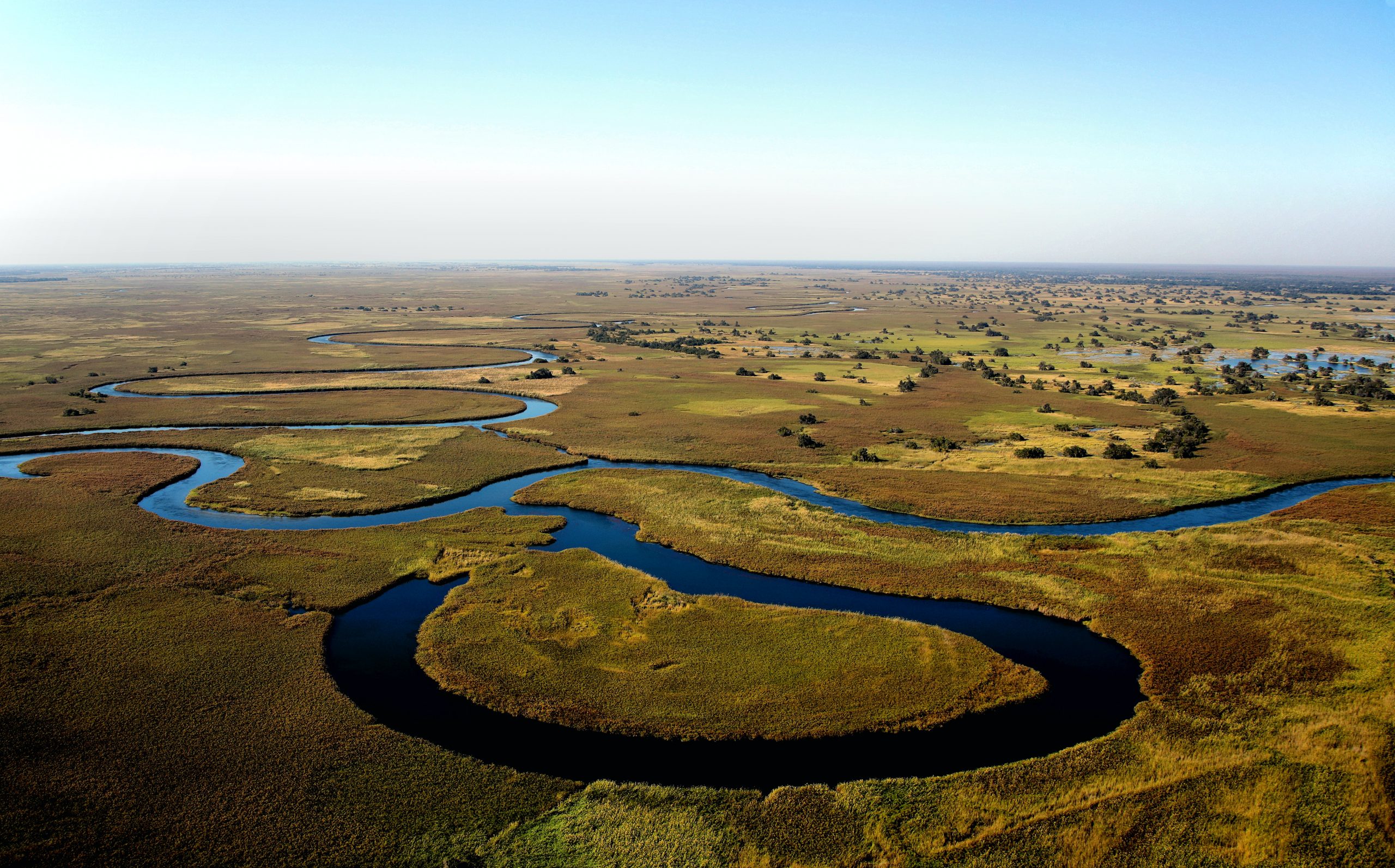On 16 March 2023, the European Union commission presented the Critical Raw Materials Act, a legislative package proposed in the context of the Green Deal Industrial Plan, the European strategy for a sustainable industrial development.
The Act is defined as “a tool to diversify and enhance the resilience of EU critical raw material supply chains and to improve the EU capacity to monitor and mitigate risks of disruptions and enhance circularity and sustainability.”
If we want clean-tech independence, we urgently have to strengthen and diversify our supply chains with trusted partners.
→ We propose the Critical Raw Materials Act to ensure secure and sustainable access to raw materials, vital to our green and digital future. #EUGreenDeal
— European Commission (@EU_Commission) March 16, 2023
According to the official announcement, “the Commission proposes a comprehensive set of actions to ensure the EU’s access to a secure, diversified, affordable and sustainable supply of critical raw materials.” It includes an updated list of so-called critical raw materials (CRMs), focusing on the demand and supply chain in the green, clean, and renewable energy industry and other strategic sectors such as the digital and the aerospace industries.
In 2019, the European Green Deal committed to reach climate neutrality by 2050, accelerating clean energy projects in the continent. The Deal’s flip side is a higher pressure on the bloc’s capability to acquire the requisite metals and a drastic increase in demand of CRMs, with Europe heavily depending on imports, often from non-EU suppliers and often with highly concentrated supply. For example, according to the European Commission’s 2023 final report on the Study on the Critical Raw Materials for the EU, Europe imports 100% of rare earths from China, 92% of Niobium from Brazil and 93% Iridium from South Africa.
Strategic materials
Metals such as lithium, cobalt, or copper are considered irreplaceable for the transition from fossil fuel to clean renewable energy. Aluminum and silver are key components of photovoltaic cells and therefore crucial for the solar panels industry; rare earth metals are used to manufacture powerful permanent magnets at the core of most modern wind turbines; electric vehicles run on lithium-based batteries that require materials such as lithium, manganese, cobalt, and nickel.
Critical Raw Materials are economically and strategically important for the economy but have a high-risk associated with their supply. The updated list includes 34 critical materials which are crucial in Europe’s economy, as they are used in a wide range of everyday applications and technology, from smartphones to efficient electric networks.
The main parameters used to determine the criticality of a material are their economic importance for key industry sectors in Europe, a high risk of a disruption in supply due to their high import dependence and high level of concentration in particular countries, and their poor replaceability due to lack of adequate and easily available substitutes.
☄️🇪🇺
Bismuth
Boron
Cobalt
Copper
Gallium
Germanium
Lithium
Magnesium
Manganese
Graphite
Nickel
Platinum
Rare Earth Elements
Silicon
Titanium
Tungsten
These are the strategic #RawMaterials the EU needs.
The complete (play)list👇https://t.co/fvATT0s6RA pic.twitter.com/7Z1Fu3gjnZ
— Thierry Breton (@ThierryBreton) March 16, 2023
EU Commissioner Thierry Breton tweeted a full (play)list of CRMs.
In this context, the act aims at creating the conditions for a diversified supply structure of critical raw materials from internal sources, with lighter bureaucracy and more tolerant environmental regulations.
The goal is to extract up to 10% of CRMs from domestic reserves and to source up to 15% from recycled materials by 2030. Moreover, the act limits the import of a strategic material from a third country to a maximum of 65%.
The main obstacles to starting new mining projects in Europe are the need of large monetary investments and the necessity to overcome strict regulations, resulting in up to 10 or 20 years of delay. One of the goals of the act is to propose a much closer deadline for the approval of a mining project on European ground, shortening the time frame between proposal and action to no more than a couple of years.
Another cumbersome hindrance to a smooth mining development in Europe is the widespread concern throughout society, policymakers, and environmentalists. According to Politico, “locals and green campaigners warn that slashing red tape for extraction projects risks taking a wrecking ball to decades of work to preserve nature and biodiversity, pointing out that mining can cause serious water and soil pollution and lead to deforestation and biodiversity loss.”
Next Steps
After approval of the proposed document by the European Parliament and the Council of the European Union, the objectives of the Critical Raw Materials Act will be coordinated by a specifically established organism, the European Critical Raw Materials Board. Among the tasks of the Board, a crucial role will be played by the acceleration of the access procedures to extraction sites and the creation of global partnerships for the trading of CRMs.
“This Act will bring us closer to our climate ambitions. It will significantly improve the refining, processing, and recycling of critical raw materials here in Europe,” said the President of the European Commission, Ursula von der Leyen. “And we’re strengthening our cooperation with reliable trading partners globally to reduce the EU’s current dependencies on just one or a few countries. It’s in our mutual interest to ramp up production in a sustainable manner and at the same time ensure the highest level of diversification of supply chains for our European businesses.”
Photo by Matt Seymour on Unsplash






